We live in a busy world with a lot of information being thrown at you. Don’t feel overwhelmed. OpsLens will give you a weekly briefing on the major stories you need to know about and cut out all the extra information that isn’t important.
Here’s your weekly briefing on what’s going on in national security and military news.
Trump-Kim Summit Recap
President Donald Trump met with Kim Jong Un in Singapore on June 12 in a historic meeting, the first ever between a sitting U.S. President and a North Korea leader.
The results of the meeting are promising: the two leaders agreed to new security guarantees, peaceful relations, the denuclearization of North Korea, the recovery of the remains of missing U.S. servicemembers from the Korean War, and continued meetings between leaders of the two countries.
Critics have pointed out flaws in the summit but it’s clear that many are not used to seeing diplomacy play out this way. The summit signals the beginning of a diplomatic process that has taken us away from the brink of war on the Korean Peninsula and is an opportunity for North Korea to embrace commerce and engagement with the rest of the world.
North Korea No Longer a Nuclear Threat
Arriving back in the United States after his historic meeting with Kim Jong Un, President Trump declared that North Korea is no longer a nuclear threat.
“Everybody can now feel much safer than the day I took office. There is no longer a Nuclear Threat from North Korea. Meeting with Kim Jong Un was an interesting and very positive experience. North Korea has great potential for the future!” Trump wrote on Twitter.
It’s unclear at this point what steps North Korea will take to denuclearize or what timeline they will follow. Trump and Kim signed a joint statement in which North Korea pledged to denuclearize, with much of the focus on working toward a denuclearized Korean Peninsula.
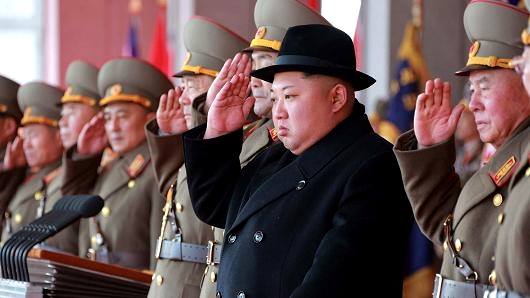
President Trump Pledges to End Military Exercises with S. Korea
Following President Trump’s summit with Kim Jong Un, the United States will cancel joint military exercises with South Korea.
“We will be stopping the war games which will save us a tremendous amount of money, unless and until we see the future negotiation is not going along like it should. But we’ll be saving a tremendous amount of money, plus I think it’s very provocative,” President Trump said.
The United States conducts two major exercises with South Korea each year, Ulchi Freedom Guardian and Key Resolve/Foal Eagle.
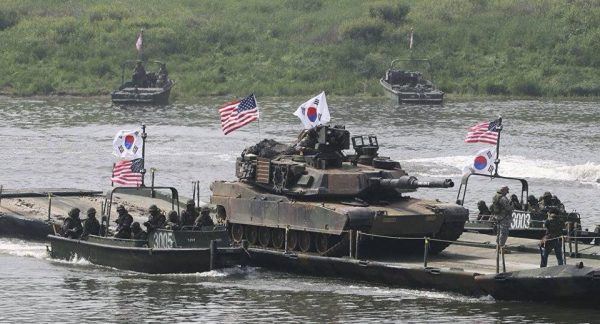
Pakistani Taliban Leader Killed in Air Strike
Pakistani Taliban leader Mullah Fazlullah was killed in a U.S. air strike in Afghanistan on Thursday. Fazlullah’s death will likely ease tensions between the United States and Pakistan.
Fazlullah, Pakistan’s most wanted militant, was responsible for a 2014 assault on a school in the city of Peshawar, in which Pakistani Taliban militants killed at least 132 children. He is also believed to have been behind the 2012 shooting of then-15-year-old Malala Yousafzai over her promotion of girls’ education.
The United States, the government of Afghanistan, and the Taliban are in the middle of an unprecedented ceasefire, but this does not include terrorist groups such as the Islamic State or al-Qaeda. The air strike is considered a counterterrorism operation and will not impact the ceasefire, which is due to conclude on June 20. Afghan President Ashraf Ghani has suggested the ceasefire could be extended.
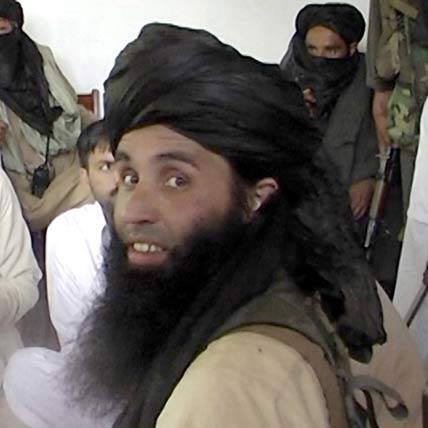
U.S. Rejects Aid Request in Yemen
The United States has rejected three separate requests from the United Arab Emirates to provide assistance in the assault on the Yemeni port city of Hodeida, which was finally seized by Saudi-led forces on Friday.
Shiite Houthi rebels denied that the coalition had seized the city, which is the main gateway for food shipments arriving in a country on the brink of a famine and humanitarian crisis.
The World Health Organization (WHO) has expressed concern over the fighting around Hodeida and has called for the port to remain open and its functioning uninterrupted. The WHO has also called for the protection of health workers and medical teams in the area.
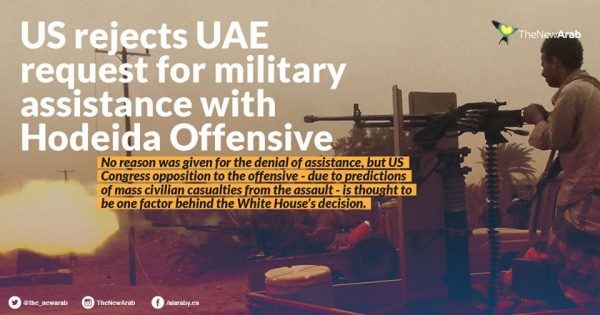
U.S. Air Strike in Libya
For the second time this year, the United States has carried out an air strike against al-Qaeda in Libya. According to a note released by U.S. Africa Command, the strike was carried out 50 miles south of Bani Walid and killed one terrorist. No civilians were reported killed in the strike.
The strike was conducted in coordination with the United Nations-backed interim government of Libya, the Libyan Government of National Accord. The Pentagon remains concerned with the instability in Libya and has cautioned that the Islamic State and al-Qaeda are regrouping in the war-torn North African nation.
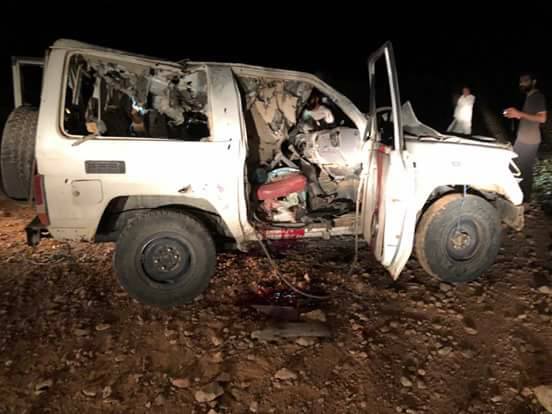
American Soldier Killed in Somalia Identified
The Pentagon released the name of a special operations soldier killed on Saturday.
Staff Sergeant Alexander Conrad, 26, was attached to the 3rd Special Forces Group as a human intelligence collector. He was from Chandler, Arizona and was stationed at Joint Base Lewis-McChord, Washington.

A combined Somali National Security Forces (SNSF), Kenyan Defense Force (KDF), and U.S. force came under mortar and small-arms fire at approximately 2:45 p.m. Mogadishu time on Friday. The force consisted of 800 troops conducting a multi-day operation south of Mogadishu when the attack occurred.
The mission’s objectives were to clear al-Shabaab from contested areas, liberate villages from al-Shabaab control, and establish a permanent combat outpost designed to increase the span of the Federal Government of Somalia’s (FGS) security and governance.
Three U.S. servicemembers and one member of the partner nation force were wounded and medically evacuated to receive additional treatment.
















